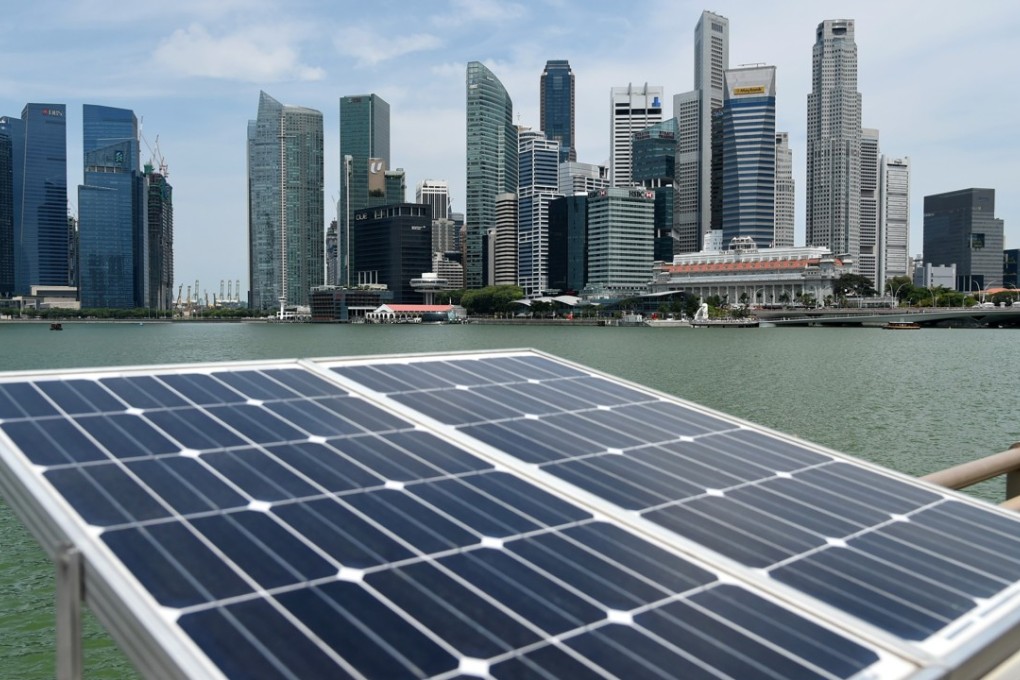Why shadowing Singapore or China won’t help Hong Kong climb back up global innovation rankings
Victor Zheng and Roger Luk say it is the dynamic Anglo-American model that can lead Hong Kong to innovative excellence, but first there must be a change in attitude

Two changes have happened in the past four years: Ireland replaced Hong Kong in the top 10 in 2015, and Germany replaced Luxemburg in 2016. Singapore has hovered between sixth and seventh. Despite renewed government commitment, Hong Kong’s area ranking has tumbled from 10th in 2014 to 16th. Nevertheless, our efficiency index is still comparable to Singapore’s.

Hong Kong must focus on innovation and science to maintain its edge
A further breakdown of the index shows that the mainland and Hong Kong both lag behind in tertiary education and research. Moreover, Hong Kong is weak in knowledge workers, innovation links and knowledge absorption. Here, Singapore is the leader and the mainland is catching up. Hong Kong’s problem is its poor performance in “output”, in particular its knowledge and technology area ranking.
The mainland Chinese model is efficient but restrictive. The Singapore model is comprehensive but inefficient
If Hong Kong wishes to advance its innovation efficiency, the development models of European and American economies may prove more rewarding. The statistics of Nobel laureates are enlightening. Since 1901, there have been 881 recipients of academic prizes, of whom 553 have come from US universities; 129 from the UK and 107 from German universities. Only three each have come from India and China.